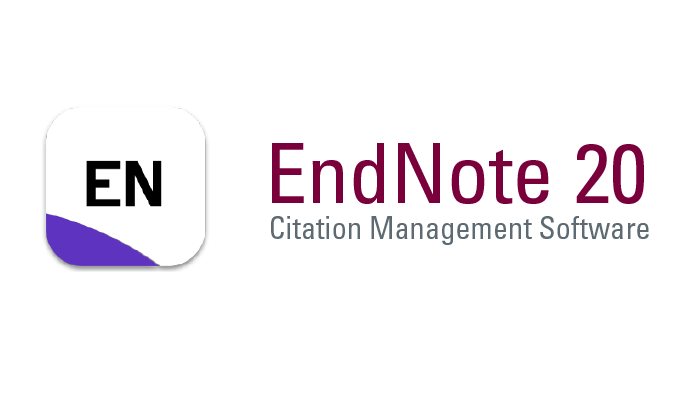Implementasi Perencanaan Kurikulum Sesuai Dengan Perkembangan Zaman (Studi Kasus di Madrasah Aliyah Negeri 3 Aceh Utara)
DOI:
https://doi.org/10.47887/amd.v5i1.174Keywords:
Implementation, Planning, , Curriculum, Current DevelopmentAbstract
This research aims to find out how the implementation of curriculum planning, whether it is in accordance with the development of the times applied in Madrasah Aliah Negeri 3 North Aceh and what are the factors that hinder the curriculum planning. This research is a field study with a descriptive qualitative approach. Data sources consist of primary data and secondary data. The data collection technique uses observation, interviews and documentation. Data analysis is carried out by reducing data, presenting data and drawing conclusions from the data that has been collected. Meanwhile, to ensure the validity of the data, triangulation techniques with theory are used. The results of this study show that: (1) The planning of the MAN 3 North Aceh curriculum has been running in a structured manner such as the preparation of prota, prosem, time allocation program, syllabus, lesson plan, KKM and others, but it is still necessary to align the plans that have been made so that everything can be carried out as planned at the planning meeting which is held routinely at the beginning of the school year. (2) Obstacles that arise in the curriculum planning process at MAN 3 North Aceh are caused by human resources (HR) in madrasas. Lack of awareness of each individual's responsibility, cognitive ability, and professionalism of human resources are the main factors in the emergence of these obstacles. (3) As an effort to overcome the obstacles that arise, improving the quality of human resources is the main solution in the success of madrasah curriculum planning activities. Good madrasah resources will result in the achievement of educational goals optimally.
References
Arifin, Z. (2011). Konsep dan Model Pengembangan Kurikulum, Bandung: Remaja Rosdakarya.
Dakir. (2004). Perencanaan dan Pengembangan kurikulum, Jakarta: Rineka Cipta.
Daylis, D. S. (2019). Manajemen Perencanaan Kurikulum Kuttap Alfatih Tanggerang Selatan, UIN Raden Intan Lampung.
Departemen Pendidikan Nasional (2006). Peraturan Pemerintah Nomor 19 tahun 2005, Jakarta: Sinar Grafika.
Dinata, N. S. S. (2004). Pengembangan Kurikulum Teori dan Praktik. Bandung: Remaja Rosda Karya.
Dinn, W. (2014). Manajemen Kurikulum. Bandung: Remaja Rosdakarya.
Erlistiana, D. (2022). Penerapan Kurikulum Dalam Menghadapi Perkembangan Zaman di Jawa Tengah.
Hamalik, O. (2006). Manajemen Pengembangan Kurikulum, Bandung: Remaja Rosda Karya.
Hermawan, A. A. (2008). Pengembangan Kurikulum dan Pembelajaran. Jakarta: Universitas Terbuka.
Moleong, L. J. (2007). Metodologi Penelitian Kualitatif. Bandung: Remaja Rosdakarya.
Mubarok, R. G. (2022). Pengembangan Kurikulum Dalam Upaya Mengeikuti Perkembangan Zaman, Universitas Pamulung
Sanjaya, W. (2008). Kurikulum Dan Pembelajaran: Teori Dan Praktik Pengembangan Kurikulum Tingkat Satuan Pendidikan (KTSP). Jakarta: Prenadamedia Group.
Soleman, N. (20200. Dinamika Perkembangan Kurikulum di Indonesia. Maluku Utara: Min 6 Halut.
Sugiyono. (2011). Metode Penelitian Kualitatif Kuantitatif dan R&D, Bandung: Alphabeta, 2011.
Tafsir, A. (2004). Ilmu Pendidikan dalam Perspektif Islam. Bandung: Remaja Rosdakarya.
Wahyuni, F. (2015). Kurikulum Dari Masa Ke Masa, Jurnal, Al-Adabiya, 10 (2).
Downloads
Published
How to Cite
Issue
Section
License
Copyright (c) 2024 Suci Wahyuni

This work is licensed under a Creative Commons Attribution-ShareAlike 4.0 International License.
Authors retain copyright and grant the journal right of first publication and this work is licensed under a Creative Commons Attribution-ShareAlike 4.0 that allows others to share the work with an acknowledgement of the works authorship and initial publication in this journal.
All articles in this journal may be disseminated by listing valid sources and the title of the article should not be omitted. The content of the article is liable to the author.
Authors are able to enter into separate, additional contractual arrangements for the non-exclusive distribution of the journal's published version of the work (e.g., post it to an institutional repository or publish it in a book), with an acknowledgment of its initial publication in this journal.
Authors are permitted and encouraged to post their work online (e.g., in institutional repositories or on their website) prior to and during the submission process, as it can lead to productive exchanges, as well as earlier and greater citation of published work.
In the dissemination of articles by the author must declare the Al-Madaris Jurnal Pendidikan dan Studi Keislaman as the first party to publish the article.














